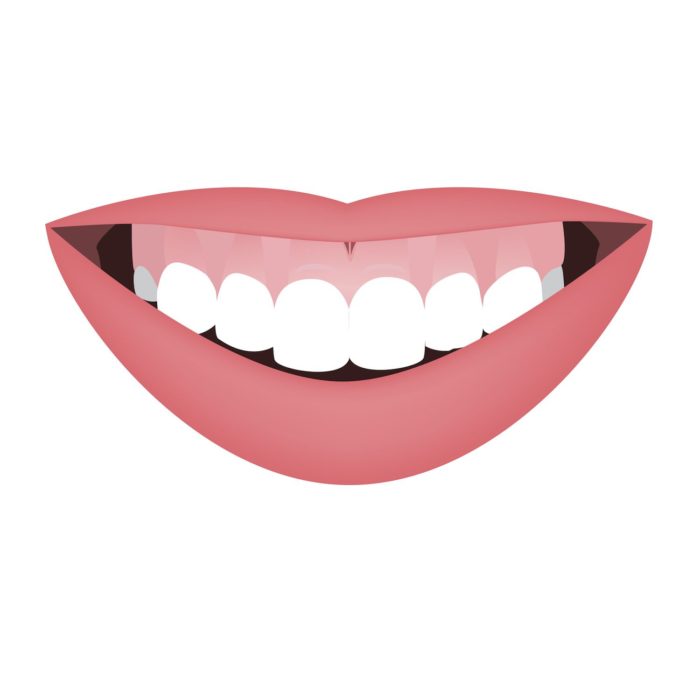When you see your teeth in the mirror, you are only seeing one of three layers. Deep within your tooth lies the pulp, composed of nerves, blood vessels, and connective tissues. The middle layer is the dentin, which contains tiny tubules that connect all the layers together. On the outside, you can see the white layer–the enamel. The enamel protects the inner portions of your teeth from bacteria and other harmful substances.
One interesting fact about enamel is that it is the strongest tissue in your entire body. It is primarily made of calcium, making it incredibly durable. However, there are ways that your enamel can receive damage. Physical and chemical erosion can destroy the enamel, increasing your risk of dental issues.

Diet
Everything that goes into your mouth can affect your body and your oral health. In particular, foods or drinks that are acidic or sugary can damage your enamel. Sugar alone is not the enemy of enamel. However, the bacteria in your mouth consume the sugar, creating acid. The acid then chemically breaks down your enamel. Unfortunately, this leaves your teeth vulnerable to tooth decay.
Teeth Grinding
Bruxism or teeth grinding is a condition where someone constantly grinds their teeth or clenches their jaw. While some people clench their teeth to cope with stress, many are unaware that they grind their teeth. This is because most people will grind their teeth in their sleep. Over time, grinding your teeth can damage your enamel. Although enamel is strong, it cannot handle the excess stress of teeth grinding.
People who grind their teeth are more susceptible to tooth decay or a condition known as TMJ (temporomandibular joint disorder). TMJ affects the ability of your jaw joints to move efficiently. This condition can cause pain while eating or speaking.
The motion of grinding your teeth will wear down the enamel and the shape of your teeth.
Bite Problems
Having a bite problem can also damage the enamel. A bite problem simply means that your teeth or jaw do not sit as they should. For example, crooked teeth, an underbite, and an overbite are all types of bite problems. Because your teeth do not sit properly, the points and ridges can wear down faster than average. Additionally, bite problems can cause pain while eating.
Poor Oral Hygiene
One of the more common reasons for enamel erosion is poor oral hygiene. As you brush and floss your teeth, you remove plaque–a type of harmful bacteria. The plaque eats away at the enamel, weakening it. Brushing your teeth gets rid of plaque, but it is not enough to keep your mouth healthy. That is why flossing is a necessary part of your routine.
Genetics
Unfortunately, some people naturally have weaker enamel than others. This is simply due to genetics. However, your dentist can recommend different kinds of toothpaste or mouthwash to help boost your enamel. In addition, it is vital that you routinely visit your dentist.
